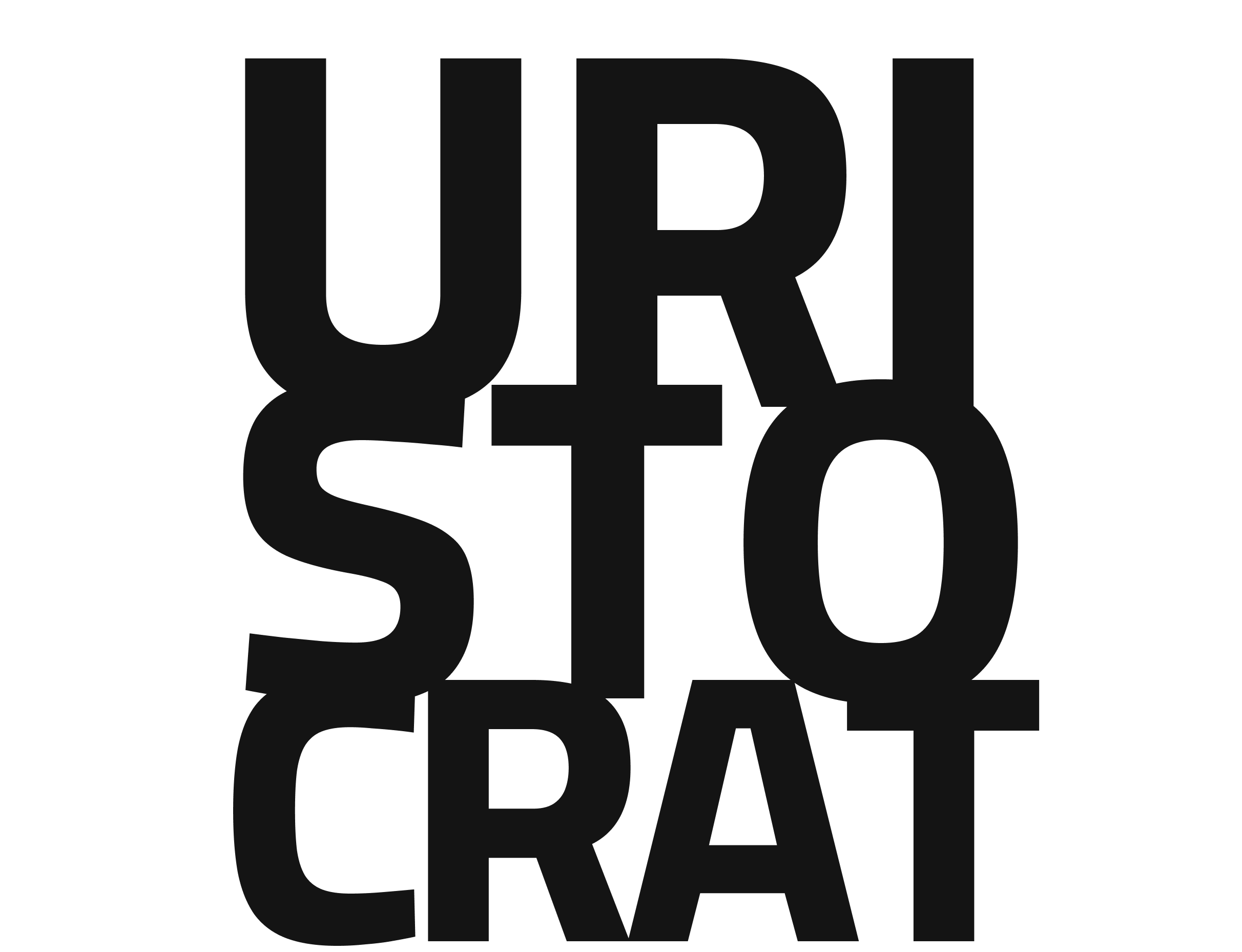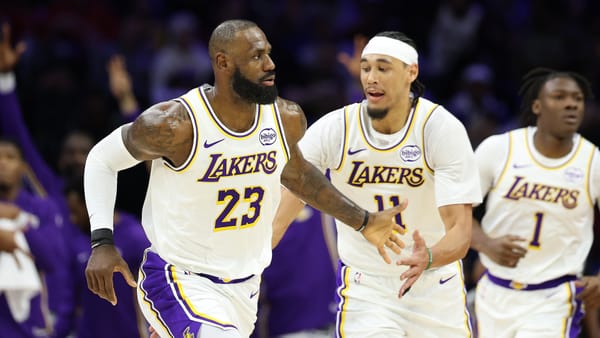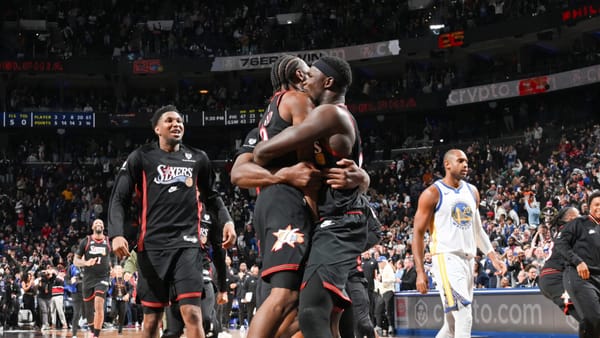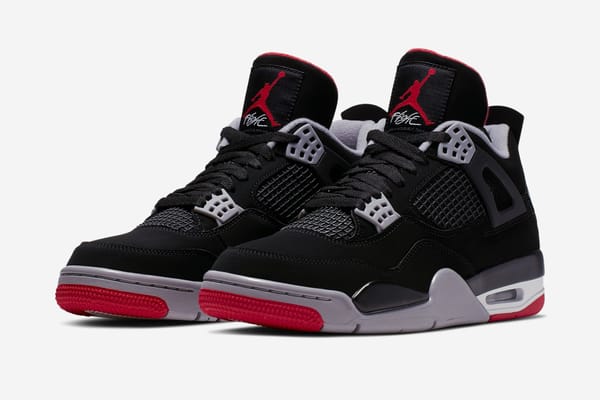Federal Judge Orders Uncle Nearest Into Receivership Amid $108 Million Default

Key Takeaways
• Federal receivership granted: Judge Charles E. Atchley has placed Uncle Nearest Premium Whiskey under court-appointed receiver control after the company defaulted on over $108 million in loans from Farm Credit Mid-America.
• Financial crisis deepens: The debt increases by $28,000 daily, with the company admitting it cannot make its scheduled $10 million payment while facing questions about inflated barrel inventory reports and misuse of loan funds.
• Brand leadership at stake: Co-founder Fawn Weaver, the first African American woman to lead a major spirits brand, may lose operational control though the court suggested she could remain involved in marketing to protect brand value.
• Historic significance endangered: The receivership threatens the legacy preservation mission of a brand that honors Nathan "Nearest" Green, America's first known Black master distiller, who taught Jack Daniel how to make whiskey.
The federal court's decision to place Uncle Nearest Premium Whiskey into receivership marks a devastating blow to one of the most significant Black-owned success stories in the spirits industry. The court concluded that there is not "adequate security" for Farm Credit's loan, proven by the "lack of certainty surrounding Uncle Nearest's solvency" and issues with the company's barrel inventory reporting.
Fawn Weaver's entrepreneurial journey began in 2016 when she discovered the forgotten story of Nathan "Nearest" Green through a New York Times article while traveling in Singapore. What started as a book project evolved into a mission to cement Green's legacy through premium whiskey production. Under her leadership, Uncle Nearest became the fastest-growing independent premium American whiskey brand, expanding to all 50 states and multiple countries while earning recognition as the most awarded American whiskey for consecutive years. The brand's success represented more than commercial achievement—it embodied the reclamation of erased Black history and the power of purposeful entrepreneurship.
Farm Credit Mid-America accused the whiskey company of providing inflated barrel inventory reports, breaching financial covenants, and misusing loan funds, though Uncle Nearest's defense centers on allegations that many issues stem from unauthorized actions by their former chief financial officer, Mike Senzaki, who is under separate investigation. The lender's $108 million lawsuit filed in July sought receiver control to protect their collateral, primarily whiskey barrels, amid concerns they could be sold off. The court has suggested they can continue to be publicly involved in the business, noting "The court can craft a receivership order that still allows the Weavers to market Uncle Nearest and further build the brand" to mitigate potential brand damage.
The receivership decision underscores the complex challenges facing Black entrepreneurs in capital-intensive industries, where access to financing and maintaining investor confidence remain critical hurdles. For the Uristocrat community of Black executives and entrepreneurs, this case serves as both a cautionary tale about financial oversight and a reminder of the systemic barriers that can derail even the most promising ventures. The outcome will determine whether Uncle Nearest's groundbreaking work in spirits and cultural preservation can survive this financial crisis or becomes another example of promising Black businesses lost to structural challenges.
Read More on the NY Times.




